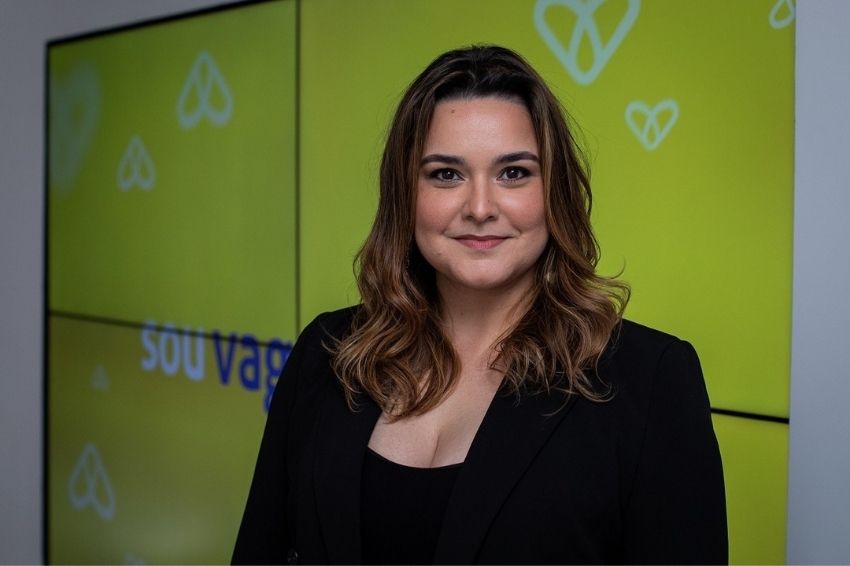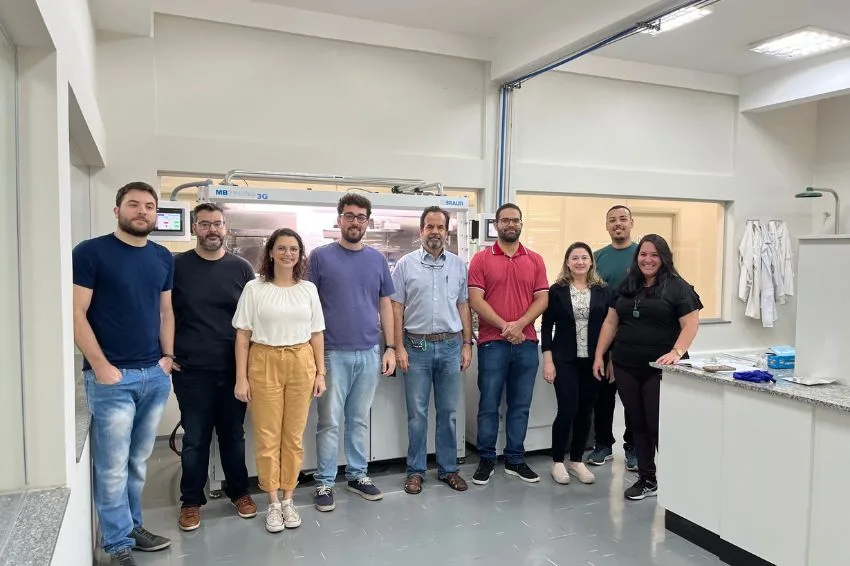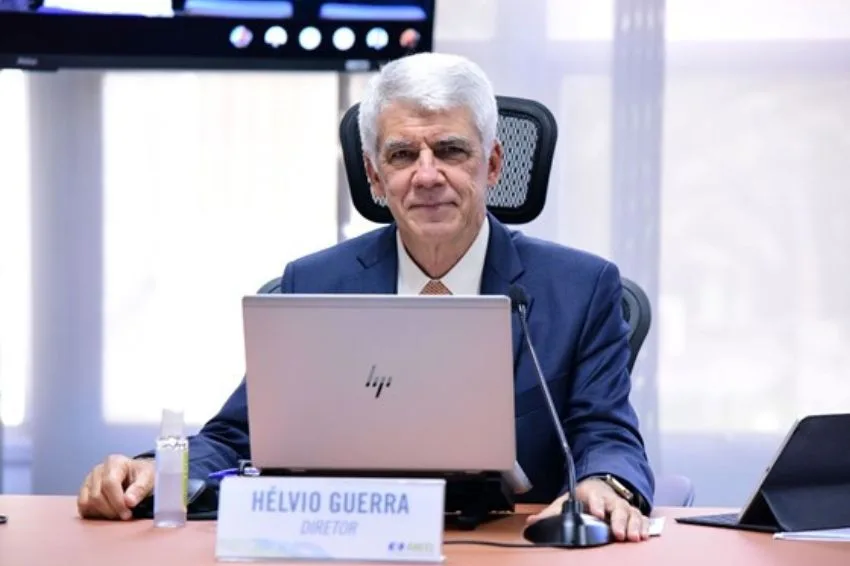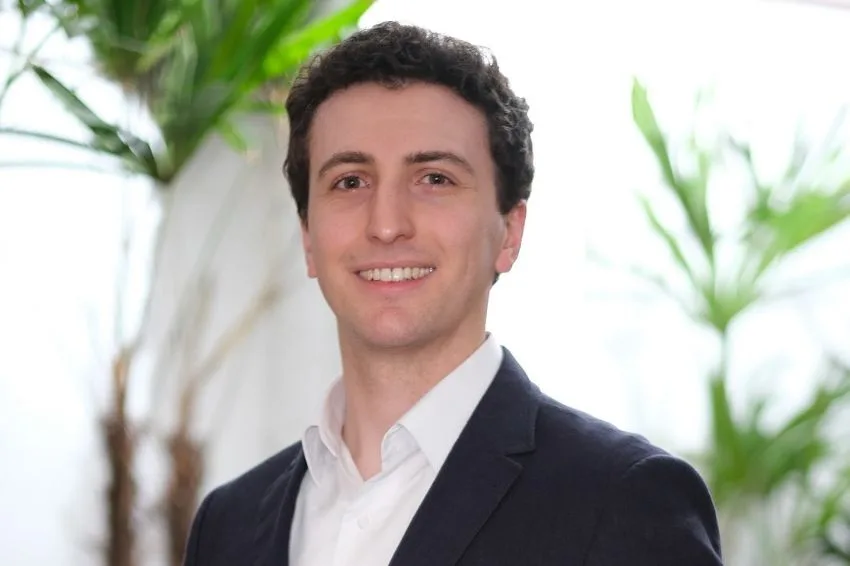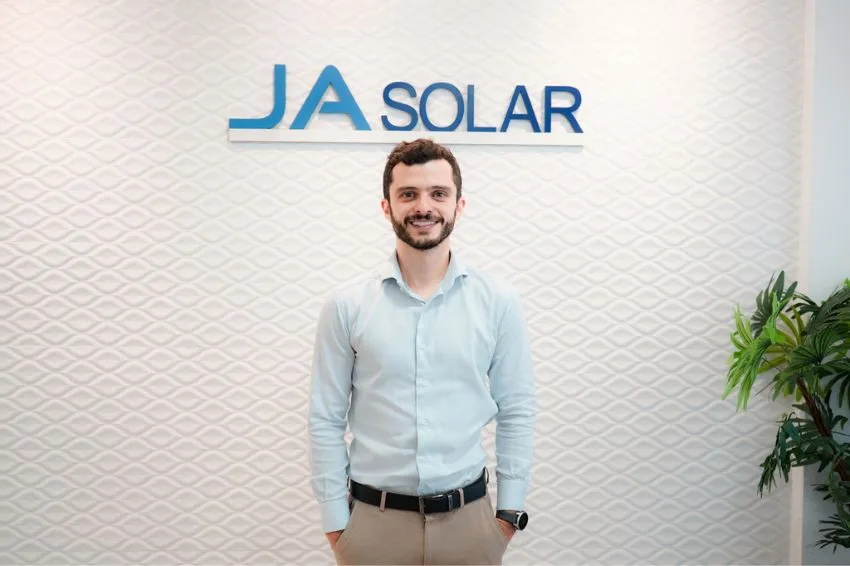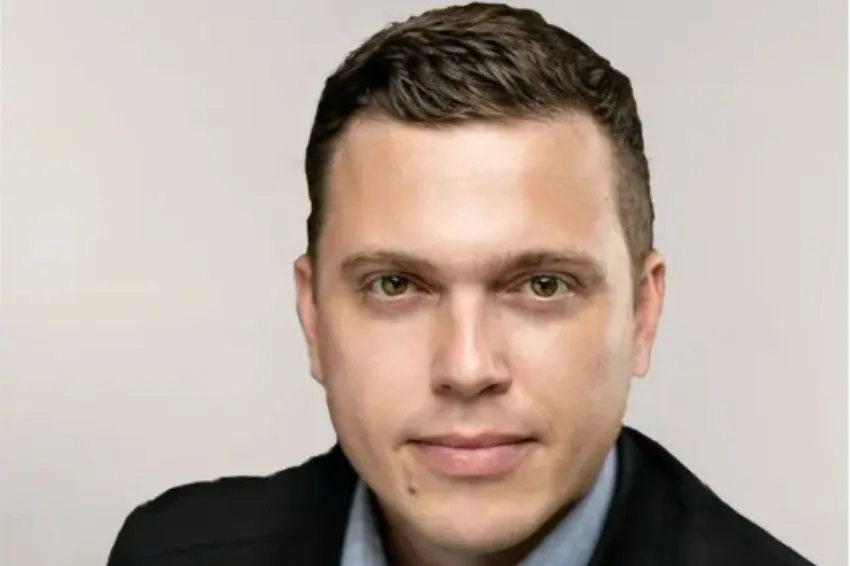Executive Josiane Palomino, CEO of Sou Vagalume, is the guest of this week's Solar Chat. With extensive experience in the areas of infrastructure and energy, the economist talks about the market performance of the joint venture created by Comerc Energia and the fund manager Pefin.
Furthermore, Josiane comments on the growth of female presence in the renewables market and shares her trajectory in the photovoltaic segment.
How did your professional career in the solar energy sector begin?
During my master's degree I started working with electrical energy. Initially, my master's thesis was focused more on the financial structuring of biomass thermoelectric sources, which at the time was a source that was on the rise, but due to an opportunity that arose from a company in the interior.
I ended up changing my dissertation topic to price formation in the free market and used the PLD a lot as a basis. After I finished my master's degree, I ended up working at Comerc, where I completed 11 years in 2021.
What is the topic that you emphasize in the academic world for those working in the electrical sector in Brazil?
Speaking of the electricity sector, an issue that is very evident currently is the change in price formation, precisely what I was talking about with the PLD. We had a big change at the beginning of this year, which was the start of the hourly PLD. It is noticeable a very large presence of academics in the electricity sector focusing on price formation analysis, because it is an analysis based on statistical, computational modeling. We see many people who migrate from academia to price analysis and study. In fact, I have a great friend who works with this, Juliana Chade, she is a pricing manager at MegaWhat consultancy. The movement that I see most, in fact, in the electrical sector in the academic world is the analysis of price formation.
What is Sou Vagalume’s business model?
Sou Vagalume emerged from a partnership between Mori Energia and DOC 88, the technology arm of the Comerc group. Mori has the expertise and focus on the development of solar plants. Your pipeline generation is focused on Minas Gerais, on the construction of Cemig. It is joint venture emerged to work on energy sharing.
We are talking about a business model that focuses on shared DG. Mori has developed 100% solar plants and our mission is to connect both ends, generation and Mori's plants with consumption.
Our role, as Sou Vagalume, is to share renewable energy, build a bridge between consumers and generators and democratize access to this category of energy. Our mission, as a purpose, is to bring the possibility of choosing renewable energy to the greatest number of people, always associated with the concept of sustainability and the possibility of saving on electricity bills.
Is Sou Vagalume's operations restricted to the state of MG? Is there a plan to expand to other states?
We started in Minas Gerais, which is where our shareholder Mori began its activities, but there are plans to expand to other locations and other distributors.
Today, as we have a large number of plants connecting to the Cemig concession, we focus on launching companies in this region, without losing sight of other opportunities in other states, which we hope to have soon.
What is the relevance of Sou Vagalume to the Minas Gerais market?
Sou Vagalume aims to connect the ends. We want to focus on the customer experience. So, it is a company that values relationships, good service, and customer ease in using our platform and purchasing our products/services.
We are talking about a contract that brings savings to these consumers. We hope to aggregate and provide information on what shared distributed generation is, show consumers in MG, and also in other locations, how this product works, how we can enjoy this benefit together and, in addition, make this consumer's experience be very happy and very simple.
With this democratization of access to solar energy, we want to provide an experience of ease and a journey without major complications, without bureaucracy.
Sou Vagalume has its own platform development structure, this is the great expertise that DOC88 brought to the business and precisely because we have this focus on the customer journey. We want the client to be the protagonist of this contract and have complete autonomy to make their decisions.
Josiane, how does Comerc contribute? It is the partnership between Mori and Comerc that provides the technology platform, but how can Comerc's expertise specialize in this project in Brazil?
The great expertise that Comerc brings to this business lies in the way in which we prioritize this client. Comerc's entire history as an electrical sector, as an energy manager focused on the free market and with other businesses, as an energy efficiency company that is Nexo, this management of free consumers and also of generators is carried out, there are two suppliers of energy, Newcon and COMERC Trading.
All these companies have one thing in common which is the customer at the center of the operation, there is a concern to place the customer as our priority, everything we do, at the end of the day, is aimed at serving the customer well. And it is this DNA that we brought to Sou Vagalume. Comerc's role in this business is to bring this market expertise, regulatory knowledge of the sector and the focus of the business center being the customer.
If any businessman is interested in investing in the construction of a plant, is there a possibility?
At Sou Vagalume directly, not yet. We are launching the brand now, launching the platform with this focus on MG, but we aim to develop so that we can serve other plants within our portfolio.
By building these bridges between generators and consumers, we can also receive other plants from other entrepreneurs that can take us to other places.
Now, talking about the electricity sector across the country, with your experience in this area, how do you assess the growth of solar energy in the Brazilian market?
Solar energy in the Brazilian market is a reality that is here to stay. Of the sources we have available in Brazil today, it is the source that has shown the most potential for growth. Throughout 2020, solar energy had a very large growth in terms of installed power, including in DG, not only in centralized generation, and we saw through ABSOLAR (Brazilian Solar Energy Association), which has signs of 2021 being a year that will bring even more investments.
Last year, ABSOLAR announced that there was a record investment in solar sources, of R$ 13 billion, if we look at an 8-year horizon, we are talking about a growth of approximately 52%. Still in 2020, we can see that there was a very large collection, around R$ 4 billion.
We see it as a sector that has a lot of opportunity and has a lot to add economically, it is a source that has been developing, which, I believe, will continue to develop. I think that we are a country with very prosperous regions for this generation, investment, not to mention the development of centralized generation. We had a “boom” in growth throughout 2020, which was surprising due to the pandemic, but we saw many companies and people investing in solar energy, even as a way of seeking savings, when we talk about DG.
So, in my opinion, solar is a source that is just beginning, I believe there is still a lot to add and there is a lot to do.
In the month of March we celebrate Women's Day. What is your vision of female participation in the electricity sector?
In my opinion, the growth of women in leadership and decision-making positions is noticeable, but there is still a lot of room for us to observe this growth in the female presence in the market.
We have great references in the electricity sector, great women with extremely relevant roles and speaking about the renewable market. In general, we have Elbia Gannoum in wind power, we have Babi in ABSOLAR, among many others that are present in the day-to-day life of the electricity sector.
But I believe we still have a way to go to make this number even higher. Although we are already seeing growth, we know that there is a lot of space that can be occupied by women, I hope this happens.
It is always great to see an increase in female strength in the job market, in general, in the electricity sector and even more so when we talk about renewables, which is a subject that is so evident. When looking at investments with a focus on ESD, which have that characteristic of environment, sustainability, governance, it is essential to have female roles that assume these positions and bring more and more information and more details of this day-to-day life. so that we can have a more relevant participation.
It is more than proven that a diverse environment has a lot to contribute to all businesses, in general, we are not just talking about the electricity sector and the renewable sector, we are talking about business.
When we talk about environments that tend to think very similarly, it is very difficult to have any discussion, any vision that suddenly corrects a course. So, diversity comes with this role, because there are different minds, with different stories and talents, all contributing and bringing together so that they have different visions, so that they can grow in differences and in our compartmentalized ones. I think that one of these issues is the issue of the female presence that brings this discussion to the table.


